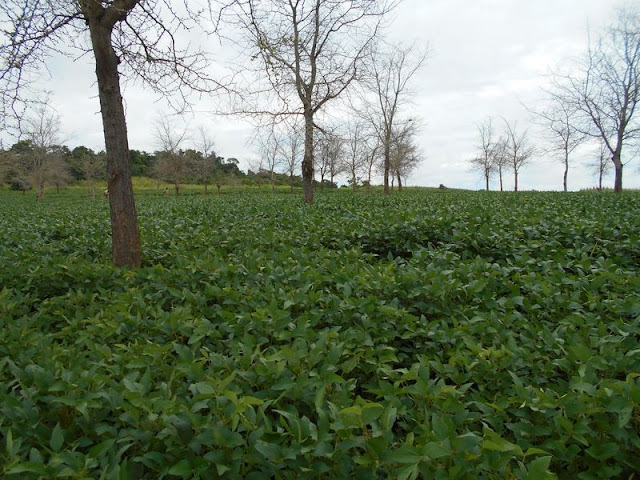Government Staff Trained in Digital Messaging for Priority Zoonotic Diseases
- Get link
- X
- Other Apps
By GLORIA SIWISHA
ONE of the concerns that communities have, especially those that live within and around zoonotic diseases endemic areas such as game parks, is the lack of information about how they can protect themselves and their livestock against such diseases.
It’s for this reason that Breakthrough ACTION conducted a content development training in Lusaka aimed at equipping Government staff from selected ministries with skills on how to develop digital messages on priority zoonotic diseases such as Human African trypanosomiasis, Bovine tuberculosis, and Brucellosis.
Jessica Phiri who is Risk Communication and Community Engagement officer at Breakthrough ACTION, said the objective of the training was to develop the capacities of health promotion officers, communication personnel, and social mobilisers from various ministries implementing the one health initiative, so that they were able to effectively communicate health risk messages on priority zoonotic diseases.
“We are here for three main reasons. First, we want to develop cross-cutting behavioral change messages on priority zoonotic diseases and focus on universal preventive messages such as hygiene, food safety, and proper interaction with animals; develop disease specific messages, and also ensure that the messages developed are scientifically accurate, culturally sensitive, and understandable to listeners,” she said.
Ms Phiri said the messages developed would be accessed by targeted communities through a mobile phone by simply dialing a toll-free line 667 on the MTN network.
And Pacifique Ishimwe, a representative of ‘Viamo’ the company which is managing the digital platform ‘667’, said research had shown that the vast majority of people globally including Zambia, owned a mobile phone thus the decision to use it as one of the channels for the communication of priority zoonotic diseases.
“Mobile penetration on average, according to the statistics that we have, is 85 percent compared to radio ownership which is at 55% and television at 37 percent. So why mobile? It is able to communicate messages immediately, in a targeted manner, in a cost-effective manner, and we are also able to track the results in a manner that we can’t really track with other channels,” she said.
She said ‘Viamo’ was a global enterprise that connected people to vital information.
“We connect individuals and organisations to content or information; we want people across the world to be able to access information that allows them to make informed decisions; decisions that are good for their health, finances, and their lives,” she said.
Participants of the training were drawn from the Zambia National Public Health Institute (ZNPHI), Ministry of Fisheries and Livestock, Ministry of Agriculture, Ministry of Health, Ministry of Green Economy and Environment, Ministry of Local Government and Housing, and ZANIS.
The one health initiative is a global integrated and unifying approach which is currently being implemented in 5 provinces namely Lusaka; Copperbelt, Western, Southern and Eastern provinces.
The initiative assures the engagement of multiple sectors and local communities in raising awareness about the effects of priority zoonotic diseases.
Zoonotic diseases are those diseases that spread between humans and animals and vice versa.
Priority zoonotic diseases include; Human African Trypanosomiasis, anthrax, enteric diseases (salmonellosis), viral hemorrhagic fevers (Ebola virus disease), rabies, plague, influenza-like illnesses (zoonotic avian influenza), zoonotic tuberculosis, cysticercosis, and brucellosis.
Early last year, ZNPHI in collaboration with other ministries, departments and agencies, launched the National One Health Strategic Plan for 2022 – 2026, to build a strategic, functional, and sustainable platform that advances one health in the control of zoonotic diseases.
The strategic plan is divided into five thematic areas and include; Governance and Coordination, Surveillance, Preparedness and Response, Advocacy, communication and training, and Research.
Breakthrough ACTION’s area of focus is advocacy, communication and training, and is supporting the establishment of Advocacy, Communication and Training Technical Working Groups at national and subnational levels.
- Get link
- X
- Other Apps



Comments
Post a Comment